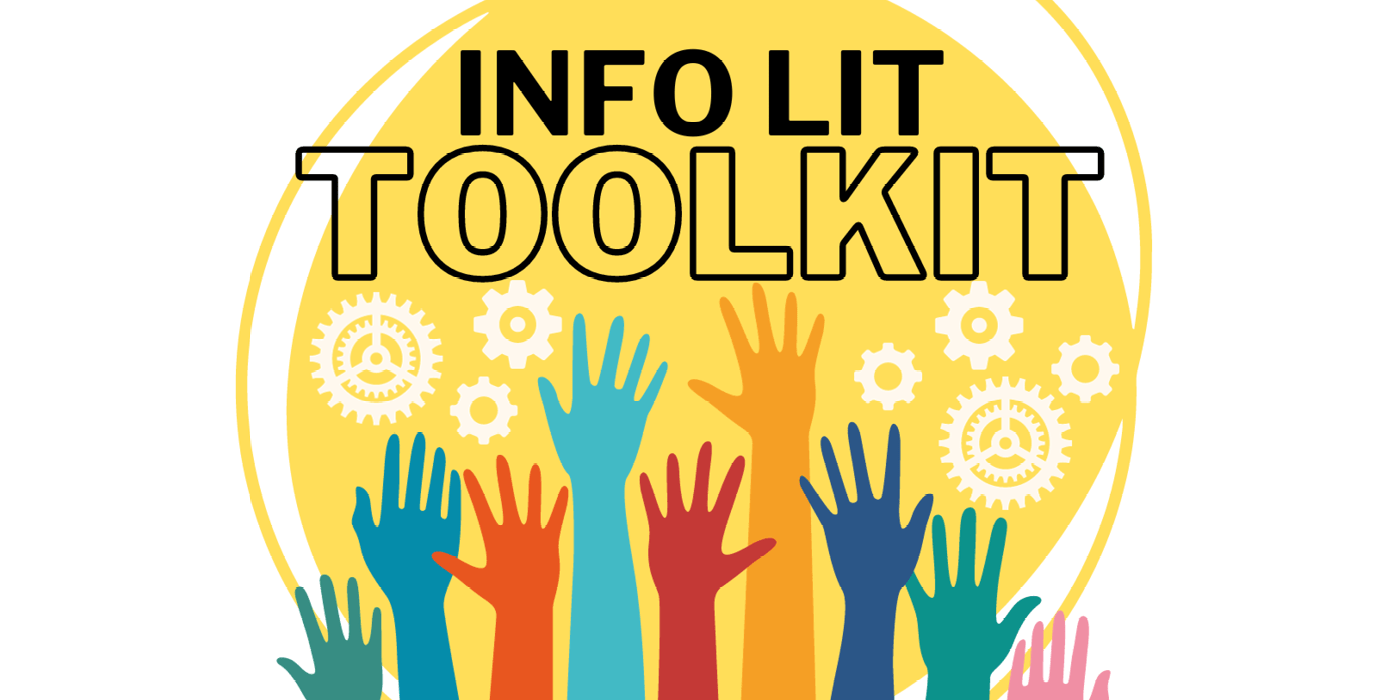New UMD Libraries’ Information Literacy Toolkit supports campus faculty and instructors
The toolkit was created to allow faculty and instructors to easily add asynchronous information literacy training to their curriculum.

University of Maryland faculty and instructors can now incorporate asynchronous information literacy lessons right into their courses with UMD Libraries' new Information Literacy Toolkit. Each year, UMD Libraries’ Teaching and Learning Services provides nearly 200 in-person information literacy instruction sessions to students taking English 101. Now even more students can benefit from this instruction even if faculty can’t fit an in-person library session into their course schedule.
The toolkit includes everything instructors need to build a custom information literacy lesson for their course, including a McKeldin Library Scavenger Hunt and an adaptable slidedeck template that provides an introduction to UMD Libraries. The provided concept mapping worksheets help students narrow down a research topic to a well-defined research question. Each step of the basic research process, from deciding on a research question to finding, evaluating, and, finally, citing sources, is covered with worksheets and activities instructors can use.
As students are using and encountering artificial intelligence more frequently and in many different ways, this toolkit also provides a section helping instructors teach students about the opportunities and challenges of AI, in particular Chat GPT, and how to attribute and cite sources from AI.
"One of the goals of Teaching and Learning Services this year has been to expand our asynchronous resources that are available to faculty and instructors,” says Rachel Gammons, Head of UMD Libraries Teaching and Learning Services. “This guide will support UMD teaching faculty in incorporating information literacy and library resources in their courses where a traditional instruction session does not fit."
The American Library Association defines information literacy as a set of abilities requiring individuals to “recognize when information is needed and have the ability to locate, evaluate, and use effectively the needed information.” That is, students need the ability not just to research and find information, but to also think critically about the information presented to them through their research.
This resource is now available at https://lib.guides.umd.edu/InfoLitToolkit/Home.